Shemaa Abdullah and Nour Tabakh were forced to restart their lives in Dundee when war broke out in Syria.
Today – after meeting in the city in 2017 – they are married with a boisterous ten-month-old, Adam.
They met in the same year as they fled the worn-torn Middle-Eastern country, which has been beset by civil war since 2011.
And although they never would have planned their lives this way, they have found comfort, solace and support in each other and in their new home – Dundee.
Shemaa and Nour started out as friends.
“I had been helping translate for Nour’s younger brother at school when they first came over,” Shemaa, 24, tells me.
“Then we were at a festival in Dundee and his little brother introduced me to his family, saying, ‘Oh this is Shemaa who I’ve been taking to you about who has been helping me'”.
She and Nour, 28, would continue to bump into each other at events for the following two years.
“Then Nour thought he would like to take a step [towards becoming a couple], so he asked, and I said yes.”
They tied the knot after a two-year engagement in 2022, before welcoming Adam last summer.
‘Having a baby is more challenging than studying dentistry’
Somehow, they balance parenthood with university.
Shemaa, a dentistry student at Dundee University, is going into her fifth and final year, while Nour is set to graduate from Abertay University this summer with a degree in business management and marketing.
This means the majority of their date nights take place in the library.
“Studying wise, it is tough,” Shemaa says.
“We put Adam to sleep and then we stay up all night to study.
“Our date nights would be putting Adam to our parents’ and going to the library to study.
“Having a baby is more challenging than studying dentistry.
“But it has its positives. Adam cheers us up during exams, so he makes up for it.”
Nour, who arrived in the UK without a word of English, says he can’t believe he will soon graduate with a 2:1 degree.
Aged 15, he was forced to swap school for 14-hour shifts in a shoe factory in Lebanon, where he sought refuge with his family for five years before coming to Dundee.
Nour recalled: “I went to Lebanon alone at first.
“I had to find a flat so my family could move over from Syria.
“They were still in the war, so I would call them every day to make sure they were okay.
“I didn’t know if I would call one day and whether they would be alive or not.”
He worked from 8am until 10pm everyday whilst searching desperately for a property for his family.
‘Maybe tomorrow if you call us, we will not be alive’
“It was very hard to find a flat because there were so many Syrians looking at the same time,” he says.
“The rent was very high for refugees.
“When I called my mum she would say, ‘Please try to find us a flat, maybe tomorrow if you call us, we will not be alive.’
“There was a lot of pressure.
“I was working all day and then when I finished work I couldn’t go around and find a flat because there was nowhere open.
“But they were relying on me.”
After three months, he was able to secure a property large enough to house his parents and five siblings.
In 2017, they came to the Dundee as part of the UK Government’s Syrian vulnerable person resettlement programme, which saw 20,000 refugees enter the country.
Without any English, Nour saw his job and university applications rejected time and time again.
Things changed when he met Shemaa, who encouraged him to apply to Al-Maktoum College of Higher Education in Dundee.
The school supported him to sit the IELTS – an English language test – and he received a high grade.
This allowed Nour to enrol in an HNC course, then an HND, before moving to Abertay University.
“It has been a very long journey to get to where I am now,” he says.
Misconceptions about refugees difficult to deal with
Shemaa already spoke fluent English when she moved to Dundee in 2017.
She had spent some time in Plymouth as a child, where her dad was studying for a PHD, before her family returned to Syria.
Despite her impressive language skills, she admits that the Dundee accent of her teachers took some getting used to.
She says: “I struggled at the beginning with going to school and trying to understand the Scottish accent of some of my teachers.
“It took a few weeks you just get used to it.”
Dealing with harmful myths about refugees was also difficult to come to terms with.
She says: “In the media you do see a lot of things that don’t support refugees.
“These misconceptions were hard at the beginning.
“Also, you are away from home. You don’t want to be away from home – it is not a choice you made.
“But it happened. It was difficult in the beginning to adapt.”
‘Dundee is home now’
The couple have now found happiness in Tayside, where they are part of a close-knit community.
“Dundee is home for me,” says Nour.
“The people are so friendly.
“They always give you a smile even if they don’t know you.”
Shemaa smiles. “I feel that way too.
“We’ve not had any bad experiences here.
“In general, Dundee has been very welcoming.
“People have supported us all the way.”
But the family, who stay in the Hilltown area of the city, dream of returning to Syria one day.
Shemaa says: “There is nothing like being in your own country.
“But the future is so uncertain.
“Right now it is not feasible,
“Maybe one day it will be possible.”
Nour nods. “I would love to go back.
“Even just for one day.”
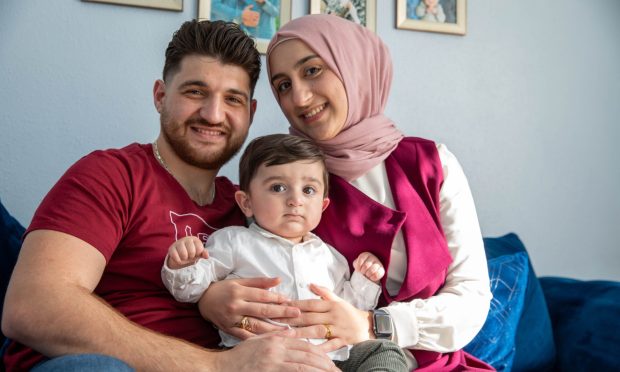
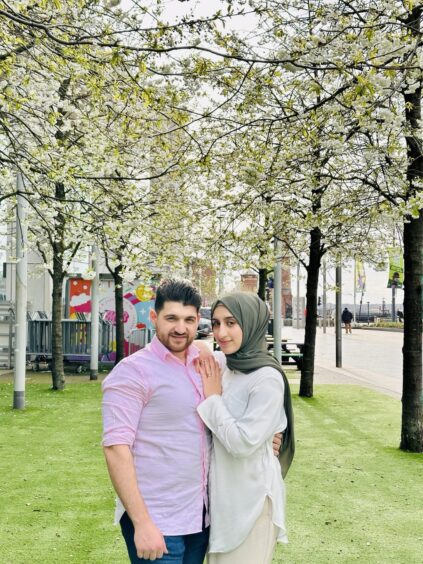
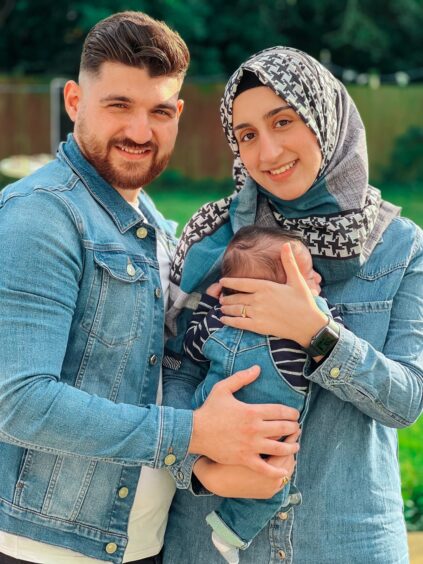
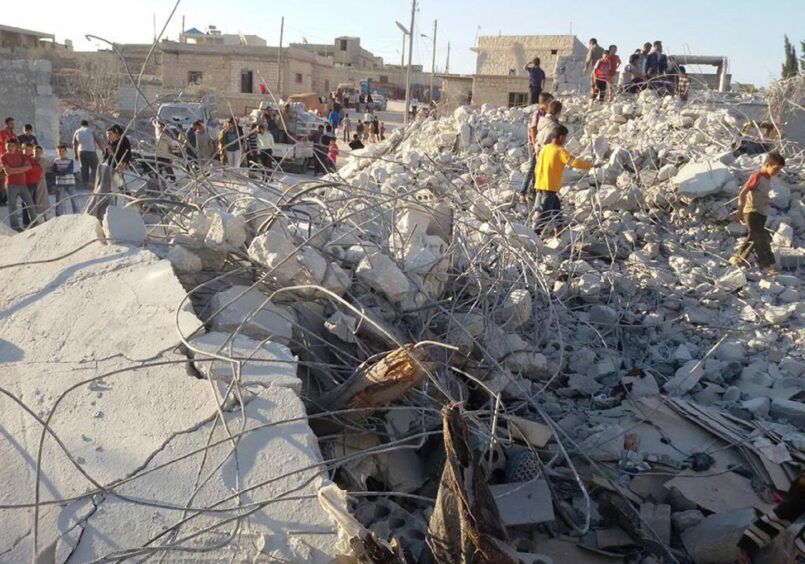
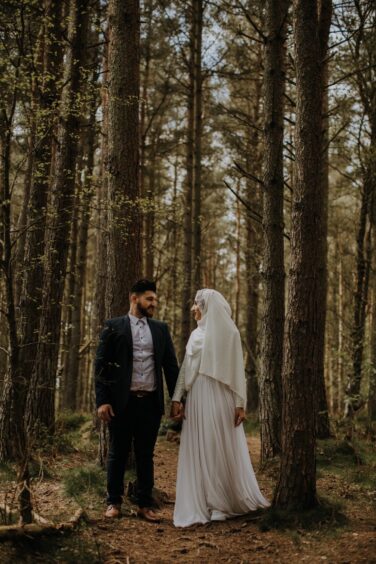
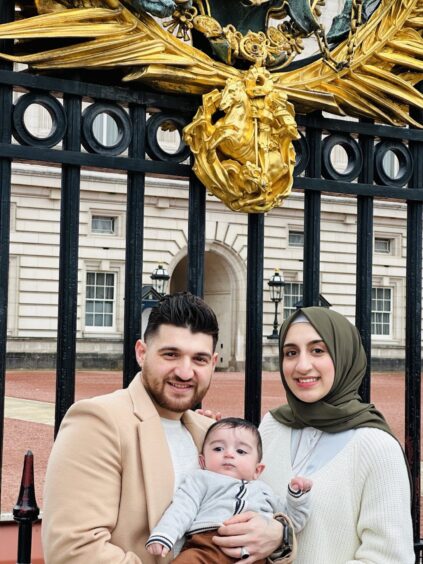
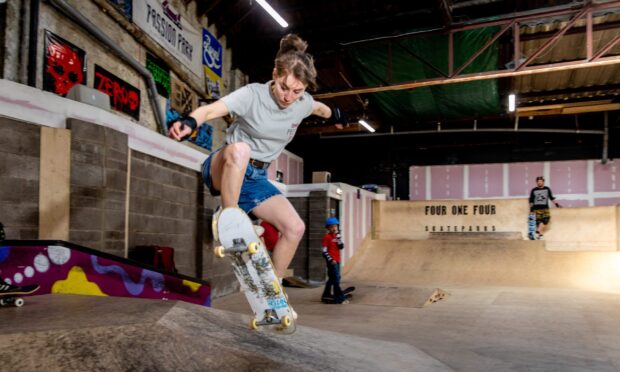
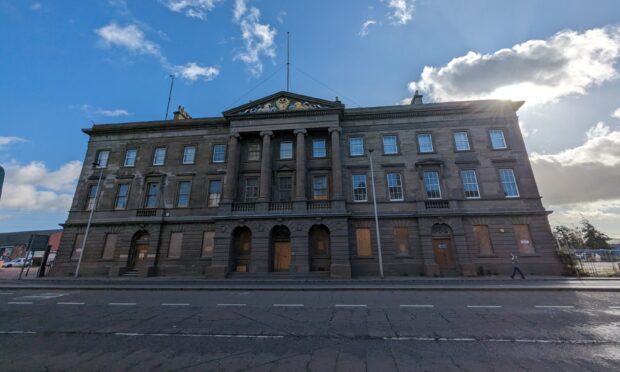
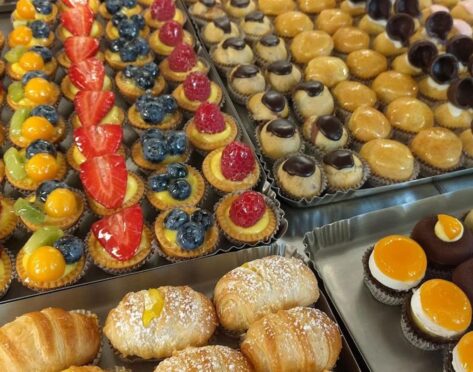

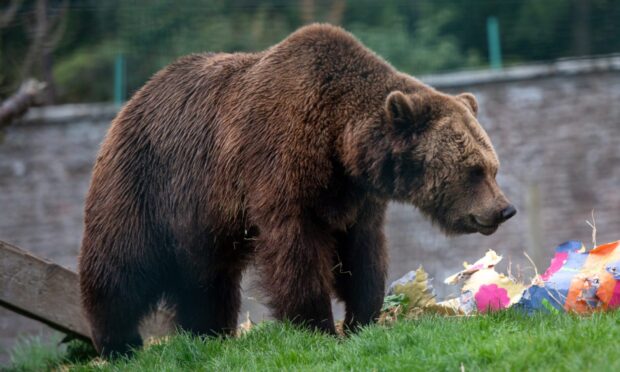
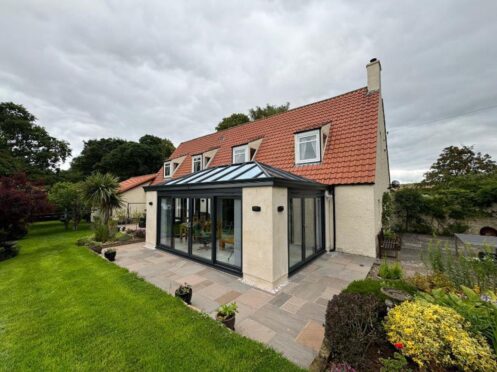
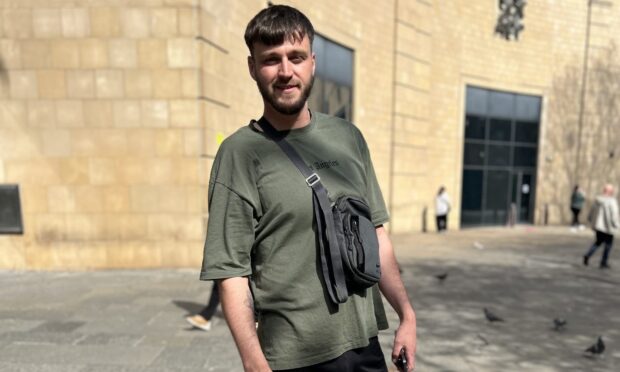
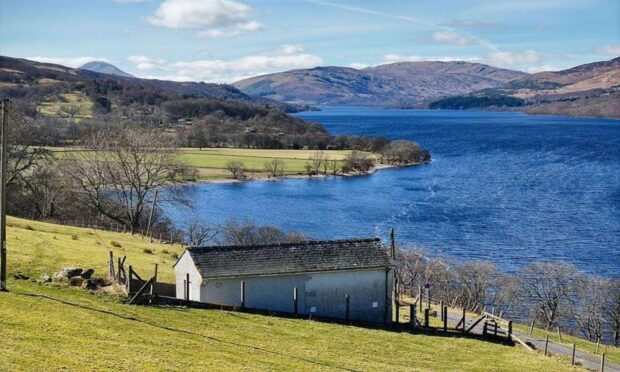
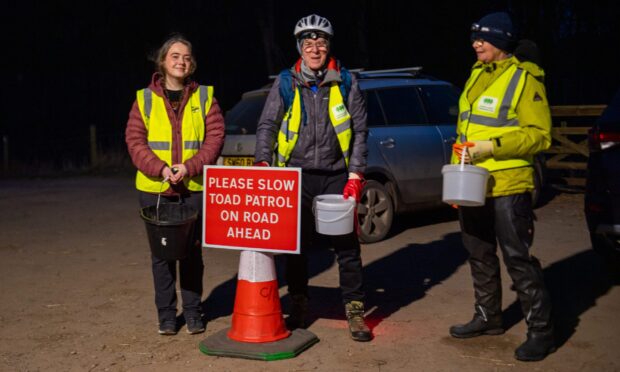
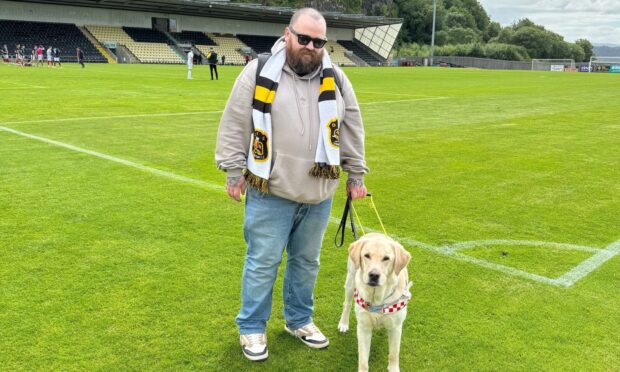
Conversation